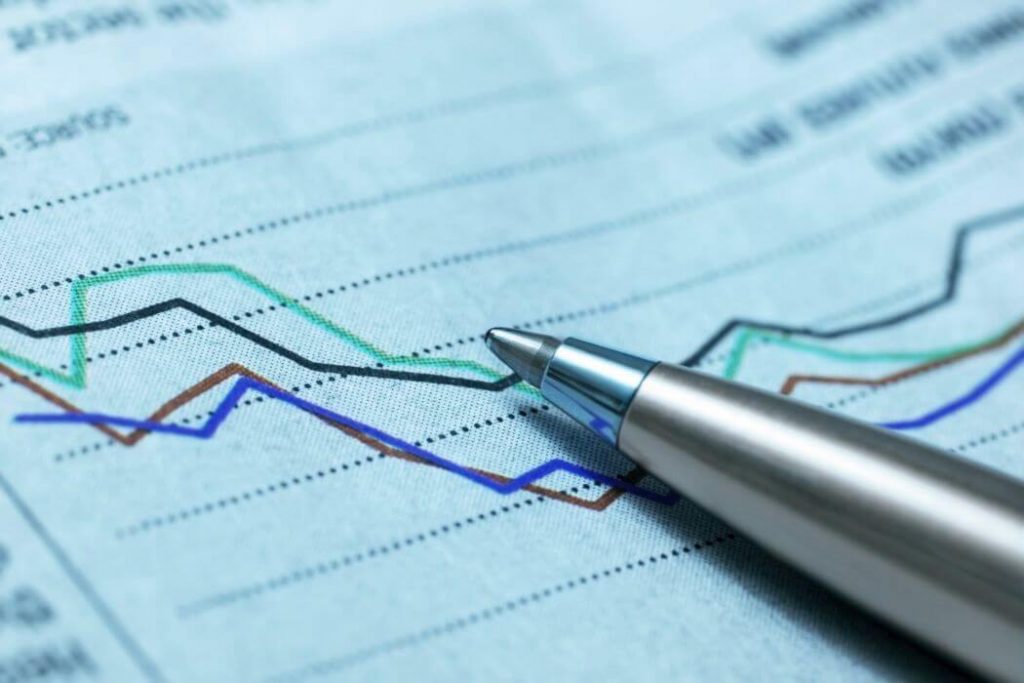What Is a Derivative?
Join over 2 million professionals who advanced their finance careers with 365. Learn from instructors who have worked at Morgan Stanley, HSBC, PwC, and Coca-Cola and master accounting, financial analysis, investment banking, financial modeling, and more.
Start for Free
Have you heard the term derivatives?
That’s okay! If you are not an expert in structured financial instruments, you may wonder what a derivative contract is. Our goal would be to resolve such doubts and provide an easy to understand definition.
Even if you don’t know what a derivative is, chances are, at one point, you may use it in some form. In fact, it’s an integral part of our daily lives. When you order a brand new car, you do not expect that it will be available immediately. Instead, you know that the car will be delivered in, let’s say, six months from now. Nevertheless, you make the order, pay a very small percentage of it in advance, and expect to settle the rest, in the future, when the car is delivered to you. Doing so reduces the risk of not finding an available car in the auto dealership if you show up in the very moment when you need to purchase it.
Also, today’s price could be preferential, with the auto dealership, offering favorable terms at times. Another advantage is that you are able to budget appropriately. You’ve locked in the car’s price by ordering it in advance, so you can plan ahead of time!
In general, we can say that this process reduces the uncertainty of not finding the car of your choice. Similarly the main goal of derivatives is to reduce risk by transferring it to another party that is better “equipped” to deal with it.
The name derivative financial contracts ( ‘derivatives’ for short) stems from the fact that these are contracts whose value derives from the financial worth of an underlying asset. In a way, it depends on that asset.
We can have derivatives for different asset classes – equities, fixed income, interest rates, commodities, currencies, and so on and so forth. They can even be written for events that are not asset classes per se – credit rating, company bankruptcies, or even bad weather!
A word of caution! Keep in mind that derivatives do not simply replicate the performance of the underlying asset, but rather produce an independent financial outcome. This is a very important characteristic one should remember.
How does the process go?
As in most financial transactions, when stipulating a derivative contract, we have two parties. One of them is the buyer, who takes a long position in the derivative contract, and the other one is the seller, holding a short position. In essence, derivatives, are commercial contracts between two parties.
There are two main reasons why one of the parties enters into a derivative contract:
- To speculate (and win based on a particular trading strategy)
- Or to hedge (meaning to protect themselves by reducing uncertainty).
Now we need to distinguish between exchange-traded derivatives and the ones that are traded over-the-counter.
Exchange-traded derivative contracts are highly standardized and bear a much lower risk compared to over-the-counter derivatives. When trading those in a regulated market (exchange), we say that there isn’t a counterparty risk, because even if the counterparty in a given derivative contract defaults (goes bankrupt) and cannot fulfil its obligations, the clearinghouse (the exchange) will step in and pay these.
This isn’t the case with over-the-counter derivatives. Such contracts are less standardized and the counterparty risk becomes very important. Over-the-counter trading (OTC markets) are largely unregulated. Logically, they are considerably riskier than exchange-traded. Besides analysing the underlying asset and the financial transaction at hand, you also need to analyse the counterparty risk you’re about to take.
In our next article, we’ll focus on the difference between speculative derivatives trading and hedging.
